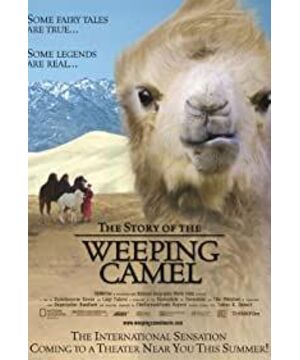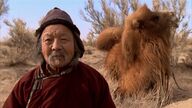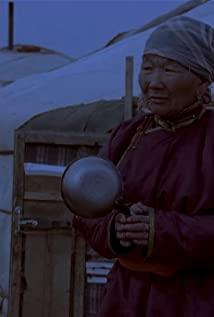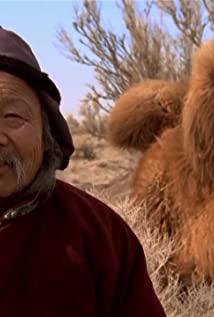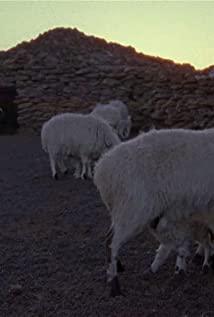A typical nomadic family lives on the boundless Mongolian Gobi Desert. They live by raising sheep and camels. Although they are poor, they live a quiet and happy life. A family of four generations sits around a steaming dining table every day. Talk and laugh happily and have fun. The older children will have fun in the flock. When night falls, under the quiet moonlit night on the Gobi, Grandpa will tell the children a long-lasting myth.
Spring is here, and this nomadic family ushered in the busiest period of the year for camels to give birth. A female camel suffered a dystocia. With years of experience, herders helped the female camel to land a rare white baby camel with difficulty. Perhaps the camel mother has experienced too much suffering and pain during pregnancy. After the baby was born, it refused to accept this poor newborn, and refused to let it share its milk and maternal love.
In the Gobi Desert where the storm is raging, the little camel, who has not been cared by her mother, is getting weaker and weaker, making heart-wrenching wailing day and night. If this situation continues, the little camel will be starved to death at any time. Danger. Everyone does not know what to do. They came up with various methods, hoping that the female camel could breast-feed the baby camel, but to no avail. In the end, the family decided to use the oldest method on the grassland-musical rituals, to influence the camel mother. So the herders decided to send their two sons across the dangerous desert to invite a luthier to perform a primitive ceremony in a city a hundred miles away. He will be the only hope to save this little camel.
Along the way, from the endless Gobi, to the telephone poles that gradually appeared one after the other, and then to the newly prosperous town, the vision of the two children gradually transitioned from the primitive and simple life scene to the modern life. When they finally arrived in the lively town where the musicians were located, countless new things that could not be seen on the Gobi Desert impacted their sights: TV, ice cream, schools, buildings, motorcycles, cars, etc. The younger brother was even more deeply impressed. Attracted by the cartoons on TV, I have a desire to ask my father to buy a TV. The older brother seemed to be much more rational, and directly declared the bankruptcy of his brother’s dream: “It takes more than a dozen sheep to buy a TV set, and electricity is needed to buy a TV set, so a flock of sheep is needed.” On the Gobi Desert, there is no electricity, and no modern civilization can be seen. The only modern thing is Grandpa’s radio.
At the last moment, the musician carrying the matouqin finally rushed to the camel's side. With his performance, a primitive ceremony of saving the baby camel began. With the melodious matouqin sound, the hostess gently supported the mother camel and sang. Get up, there is no lyrics, the voice is full of tenderness and love. The eyes of the female camel gradually moistened, and big tears flowed down. She was influenced. When the little camel was brought to her mother, the female camel finally stopped rejecting it, but quietly accepted her own. The child, and began to use his own milk to save the dying infant. The whole family breathed a sigh of relief and sang happily
.


